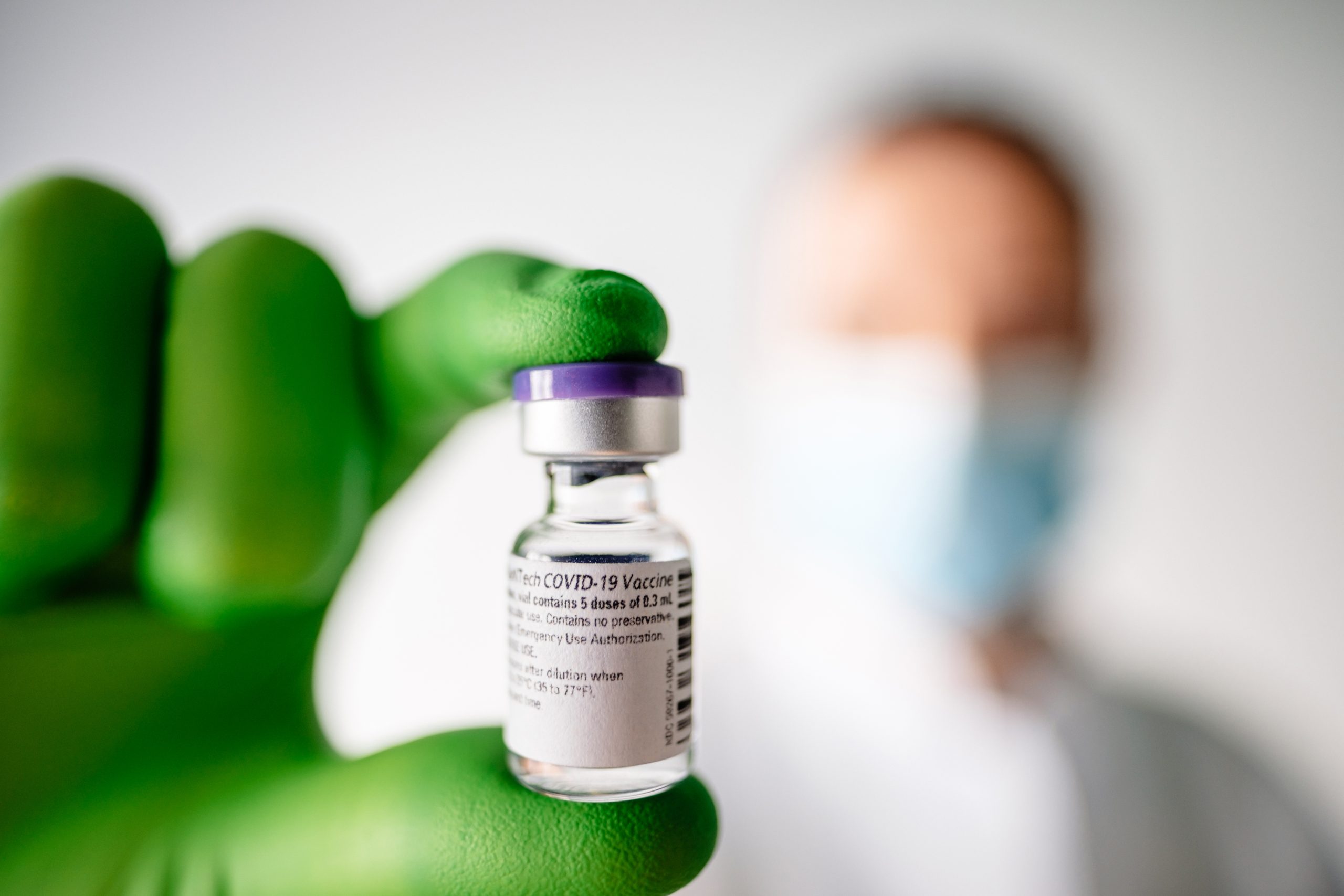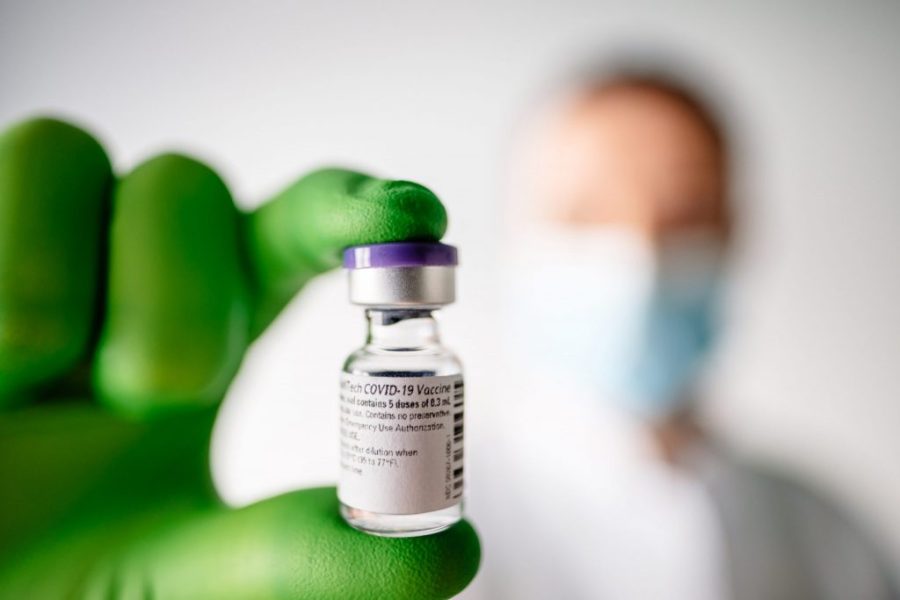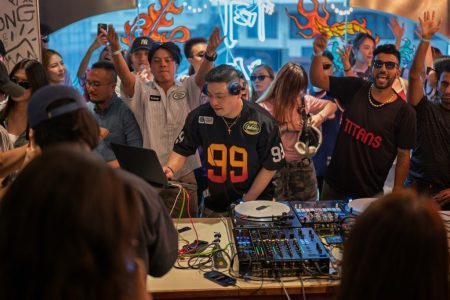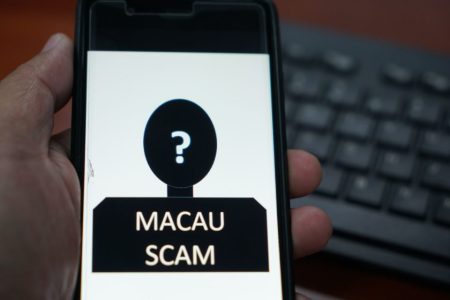Getting vaccinated is the safest way to protect yourself and those around you from contracting severe symptoms of Covid-19, according to the international scientific community and the Macao government. Do you need more information about what vaccines are available in Macao, how safe they are, and where to book them? Read our primer on a few commonly asked questions about Covid-19 vaccines.
1. What types of vaccines are available in Macao?
You can choose between BioNTech’s mRNA vaccine, which is manufactured by Fosun Pharma, a leading Chinese healthcare group, and the inactivated Sinopharm vaccine, manufactured by the China National Pharmaceutical Group.
2. What’s the difference between mRNA and inactivated vaccines?
It comes down to the way they’re made. In development for the last 20 years, messenger ribonucleic acid (mRNA) vaccines work on the cellular level. Unlike traditional vaccines, they do not contain any pieces of the virus. Instead, mRNA vaccines harness RNA – molecules that carry the instructions our cells need to make proteins.
mRNA vaccines teach human cells to make the “spike protein” that’s found on the surface of the Covid-19 virus. When our immune system identifies this foreign protein, it creates antibodies that protect you against severe cases of the coronavirus.
As the name suggests, inactivated vaccines contain weakened or “killed’ virus molecules. By exposing the body to these harmless germs, the vaccine triggers an immune response. This traditional method is also how scientists make flu and polio vaccines.
You can learn more about how these vaccines work here.
3. How much does each type of vaccine cost?
Both types are free for Macao permanent resident and non-permanent ID holders, those who hold work permits, also known as blue cards, and those with student visas. The fee for non-Macao ID holders who are authorised to stay in the city but no longer hold a blue card is MOP 250 per dose.
4. Who is eligible for a Covid-19 vaccine?
People without pre-existing diseases or medical conditions who are at least 3 years old can get an inactivated vaccine, while anyone aged 12 and older can get the mRNA vaccine.
Those who are allergic to ingredients in the vaccines (see point 2.4 on this link) should not be inoculated, nor should those in end-of-life or palliative care.
Anyone who has a fever (a temperature of 38.5°C or higher) should also delay their vaccine appointments until they’ve recovered.
Visitors or tourists are ineligible to get vaccinated, even if they have no medical restrictions and are willing to pay.
5. Are the vaccines safe?
Both types of vaccines are safe, having gone through months of human trials before governments administered them to the general population.
Like most vaccines, the novel coronavirus jabs may lead to side effects in some people. The severity and frequency depends on the type of vaccine and the individual. The most common side effects are fever, fatigue, pain at the injection site and headaches.
Inactivated vaccines have a lower rate of side effects than mRNA vaccines, but both are held at the same rigorous standards for efficacy and safety as traditional vaccines. Worldwide, mRNA vaccines are the most commonly used type for those over the age of 60, particularly those 80 and over, because the jabs’ clinical trials included thousands of senior citizens.
Read more about the safety, efficacy and side effects here.
6. Which vaccine is more effective?
According to the Novel Coronavirus Response and Coordination Centre, based on interim results of clinical trials, the BioNTech vaccine has a prevention efficacy of over 90 per cent, while Sinopharm’s vaccine has a prevention efficacy of roughly 80 per cent (not to be confused by Sinovac which has been shown to have an efficacy of just 51 per cent). Both reduce the chances of an individual developing a severe case of Covid-19 and death. The level of immunity they provide over an extended period of time also differs (see question No. 12).
7. What is the government’s Covid-19 insurance policy?
Those who get inoculated against Covid-19 with either vaccine will be covered under the Macao government’s group insurance policy, which provides medical coverage for “adverse consequences caused by adverse reactions or side effects from vaccination” up to 90 days after each vaccine dose.
Read more about the insurance policy here.
8. Are the vaccines safe for women who are pregnant or breastfeeding?
Those who are pregnant or recently pregnant are at a higher risk of severe symptoms of Covid-19. Clinical trials in animals have so far shown no adverse effects to fetal development from the Covid-19 vaccines offered in Macao.
International research has found no links to miscarriage among people who received an mRNA Covid-19 vaccine before or during early pregnancy. However, the local government recommends pregnant women get vaccinated only if they are planning to travel to high-risk regions, citing insufficient data on locally available vaccines. New research is continuously being published on the issue.
The Macao government does not discourage women who are breastfeeding from getting vaccinated and it is considered safe to continue nursing after the jab. Research has shown that women can pass on antibodies to infants via breast milk but more data is needed to determine the level of protection.
9. Can I vaccinate my children?
Children aged three and older may get the Sinopharm vaccine, while those aged 12 and older are eligible to receive the BioNTech vaccine.
10. Will the vaccine prevent me from getting Covid-19?
Getting vaccinated does not guarantee that you will not contract the novel coronavirus. However, inoculation is the safest way to build a high level of protection, which significantly reduces the risk of developing serious illness and death.
11. If I already had Covid-19, should I still get vaccinated?
Yes. If you have already been infected with Covid-19, it is still recommended to get vaccinated because it provides added protection. Studies show that those who do not get vaccinated after contracting the virus experience higher rates of reinfection.
12. How long does immunity from the vaccines last?
Pfizer and BioNTech, the companies that developed the BioNTech vaccine, have found “high efficacy” for roughly six months following the second dose. This research is supported by the US Department of Health’s National Institutes of Health.
Sinopharm has not released any official data on the efficacy of their vaccine after an extended period of time. However, non-peer-reviewed studies of comparable inactivated Covid-19 vaccine (CoronaVac) showed waning levels of antibodies three months after receiving the second dose.
Experts have suggested that receiving a different type of vaccine for one’s first two doses versus the booster jab could provide better immunity. This “mixing and matching” option is available in Macao.
13. Do I need to get a booster shot?
The Macao government recommends adults (those 18 and older) get a third vaccine dose, colloquially known as a “booster” shot, at least six months after receiving their second dose. This advice applies to both inactivated and mRNA vaccines.
For individuals with an urgent need for greater protection, such as those travelling abroad, a third dose can be administered three months after the second shot upon signing a consent form.
For those aged 12 and older who are moderately or severely immunocompromised, a booster shot is recommended 28 days after receiving the second dose.
The Health Bureau defines “moderately or severely immunocompromised” as:
– Been receiving active cancer treatment (such as chemotherapy or radiotherapy)
– Received an organ transplant and are taking medicines to suppress the immune system
– Received a stem cell transplant within the last two years or are still taking medicines to suppress the immune system
– Moderate or severe primary immunodeficiency (such as DiGeorge syndrome, Wiskott-Aldrich syndrome)
– Advanced or untreated HIV infection
– Active treatment with high-dose corticosteroids or other drugs that may suppress the immune response.
14. Is Covid-19 vaccination mandatory?
The Macao government does not mandate vaccination, but it is highly encouraged.
Unvaccinated individuals may encounter some restrictions and requirements in everyday life. For example, teaching staff who have not been inoculated must get a Nucleic Acid Amplification Test (NAT) every week to enter universities or schools.
Participation in some public events will also require vaccination, including the upcoming Macao International Dragon Boat Races on 29 May and 3 June.
Those aged 12 and older travelling to Macao from outside mainland China, Hong Kong or Taiwan must also be fully vaccinated, with the last dose administered no more than seven months prior to arrival. Those who cannot be vaccinated due to medical reasons may present a signed certificate of exemption from a health professional.
15. Where can I get vaccinated?
Appointments for both types of vaccines are open for booking 24 hours daily at the Conde de São Januário General Hospital. The Health Bureau also offers the Sinopharm inactivated jab at its eight health centres and two health stations. Meanwhile, BioNTech’s mRNA vaccine is available at the Ilha Verde Health Centre, Ocean Gardens Health Centre, Macao Forum Health Services Centre, Grand Lisboa vaccination centre (located in the Grand Ballroom) and the Venetian vaccination centre (in the Capri meeting room).
16. How can I book the Covid-19 jab?
To book an appointment, visit this website. You will need to enter your personal details, including your Macao ID card number and mobile number.
To learn more about Covid-19 vaccines in Macao, visit the Novel Coronavirus Response and Coordination Centre’s website.
To stay up to date with the Macao government’s Covid-19 policy changes – be it when the BioNTech vaccines will be available for those under three or updated vaccine efficacy rates – make sure to subscribe to our newsletter updates.






